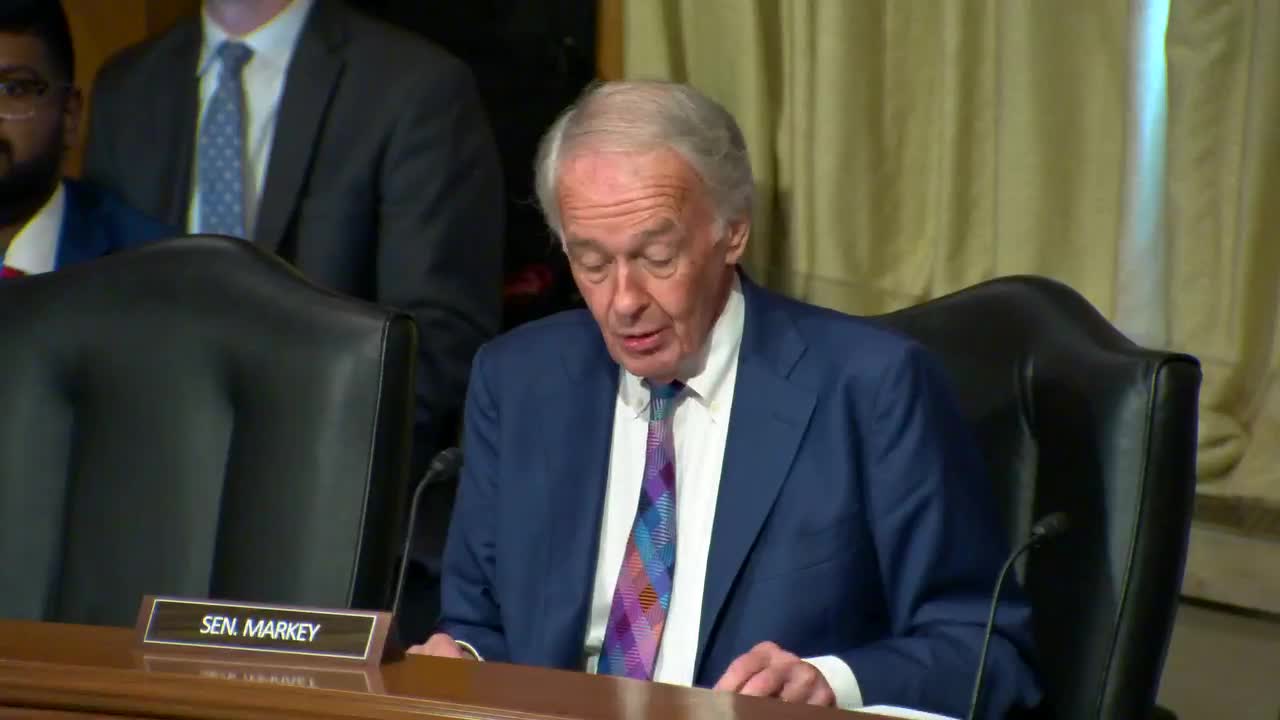AI Civil Rights Act aims to combat algorithmic discrimination
September 25, 2024 | Health, Education, Labor, and Pensions: Senate Committee, Standing Committees - House & Senate, Congressional Hearings Compilation
This article was created by AI summarizing key points discussed. AI makes mistakes, so for full details and context, please refer to the video of the full meeting. Please report any errors so we can fix them. Report an error »

In a recent government meeting, lawmakers and experts gathered to address the growing concerns surrounding the use of artificial intelligence (AI) in employment practices. The discussions highlighted alarming instances of bias and discrimination embedded within AI algorithms, which have increasingly been utilized for hiring, performance assessments, and worker management over the past decade.
Witnesses at the meeting pointed out specific examples of how these algorithms can perpetuate inequality, such as job matching systems that favor male candidates, generative AI chatbots that disproportionately filter out resumes from Black men and LGBTQ individuals, and performance evaluations that unfairly penalize Black women based on their vocal tone. The consensus among the witnesses was clear: algorithms used in employment decisions must be free from bias and discrimination.
In response to these issues, a new legislative proposal, the AI Civil Rights Act of 2024, was introduced. This comprehensive bill aims to prevent discriminatory algorithms from influencing critical employment decisions. The act would require companies to rigorously test their algorithms for discriminatory impacts before implementation, ensuring that AI does not exacerbate existing inequalities in hiring and workplace treatment.
The meeting also touched on the broader implications of AI technology, with lawmakers emphasizing the need for innovation to coexist with civil rights protections. They underscored the importance of developing efficient AI systems that align with climate goals, particularly in light of the significant energy consumption associated with AI operations compared to traditional search engines.
As the conversation around AI continues to evolve, the proposed legislation seeks to strike a balance between harnessing the potential of technology and safeguarding the rights of workers, ensuring that the benefits of AI do not come at the cost of fairness and equity in the workplace.
Witnesses at the meeting pointed out specific examples of how these algorithms can perpetuate inequality, such as job matching systems that favor male candidates, generative AI chatbots that disproportionately filter out resumes from Black men and LGBTQ individuals, and performance evaluations that unfairly penalize Black women based on their vocal tone. The consensus among the witnesses was clear: algorithms used in employment decisions must be free from bias and discrimination.
In response to these issues, a new legislative proposal, the AI Civil Rights Act of 2024, was introduced. This comprehensive bill aims to prevent discriminatory algorithms from influencing critical employment decisions. The act would require companies to rigorously test their algorithms for discriminatory impacts before implementation, ensuring that AI does not exacerbate existing inequalities in hiring and workplace treatment.
The meeting also touched on the broader implications of AI technology, with lawmakers emphasizing the need for innovation to coexist with civil rights protections. They underscored the importance of developing efficient AI systems that align with climate goals, particularly in light of the significant energy consumption associated with AI operations compared to traditional search engines.
As the conversation around AI continues to evolve, the proposed legislation seeks to strike a balance between harnessing the potential of technology and safeguarding the rights of workers, ensuring that the benefits of AI do not come at the cost of fairness and equity in the workplace.
View full meeting
This article is based on a recent meeting—watch the full video and explore the complete transcript for deeper insights into the discussion.
View full meeting